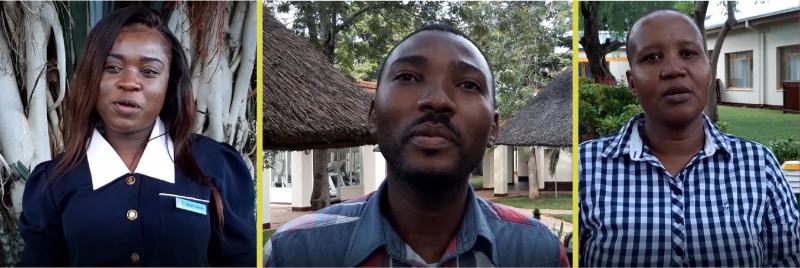Open burning of waste is a global threat to health and the environment
When we burn our waste, poisonous chemicals spread into the environment. They are harmful for workers at the dumpsite and for people living nearby. In addition, they make real and lasting impacts on global health and the environment.
The burning of products and materials containing hazardous chemicals, such as mercury, will release these chemicals to the air. Even the uncontrolled burning of everyday materials such as plastic, paper, straw and vegetation can form extremely poisonous “dioxins” and “furans” (so-called uPOPs) when burned under inadequate conditions, as well as soot particles that can cause cancer and contribute to global warming. These chemicals do not degrade in nature, and they build up in our foods and our bodies. This is why international environmental agreements have been made to protect humans and the environment - for us today and for future generations.
UNIDO and UNITAR works with countries to reduce open waste burning
The Stockholm Convention on Persistent Organic Pollutants (POPs) requires countries (Parties) to reduce or, if possible, eliminate open waste burning, or if burning is unavoidable, to improve burning conditions to minimize the formation of poisonous uPOPs. The Minamata Convention on Mercury requires countries (Parties) to treat waste with mercury in a way that does not cause dispersion into the environment, including avoiding open burning of waste containing mercury. These conventions also give advice on how to avoid forming and spreading these chemicals: the main topic of this website.
This website presents examples of experiences in reducing open burning in project countries and in other selected developing countries. It was created as part of the project ““Promotion of BAT/BEP to reduce uPOPs releases from waste open burning in participating African countries of SADC”. See the countries participating in the project under “Guidance and examples” in the menu.
Why is it important to stop burning our waste in the open?
